10 things I know now as a person with Non-Verbal Learning Disorder that I wish I knew when I started university
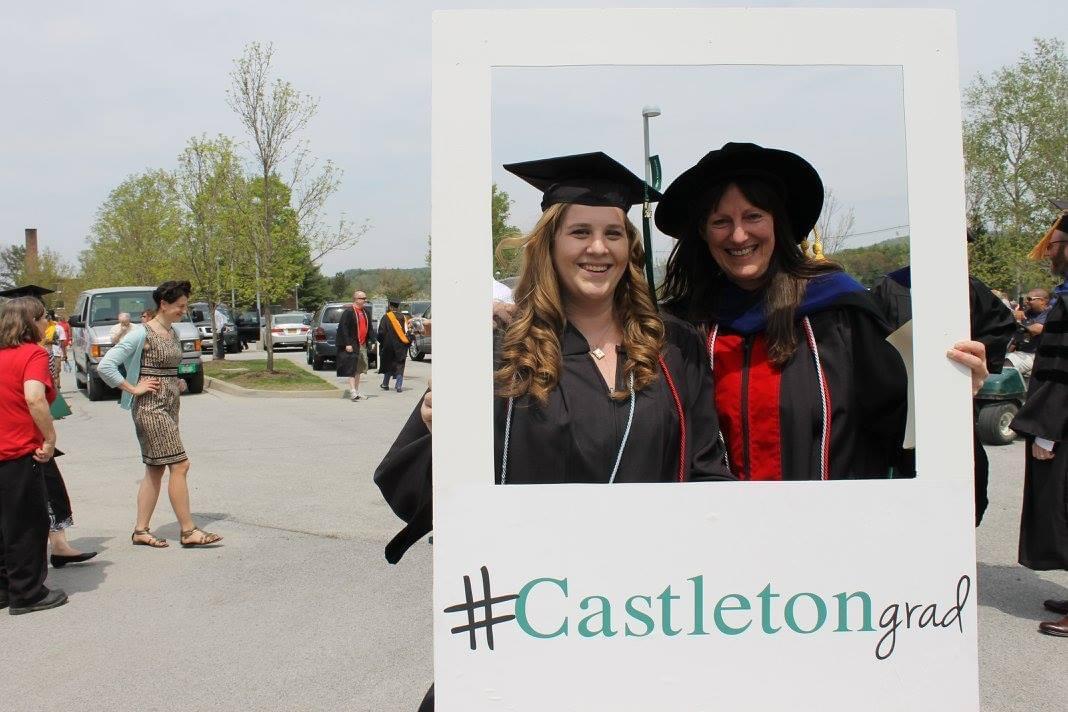
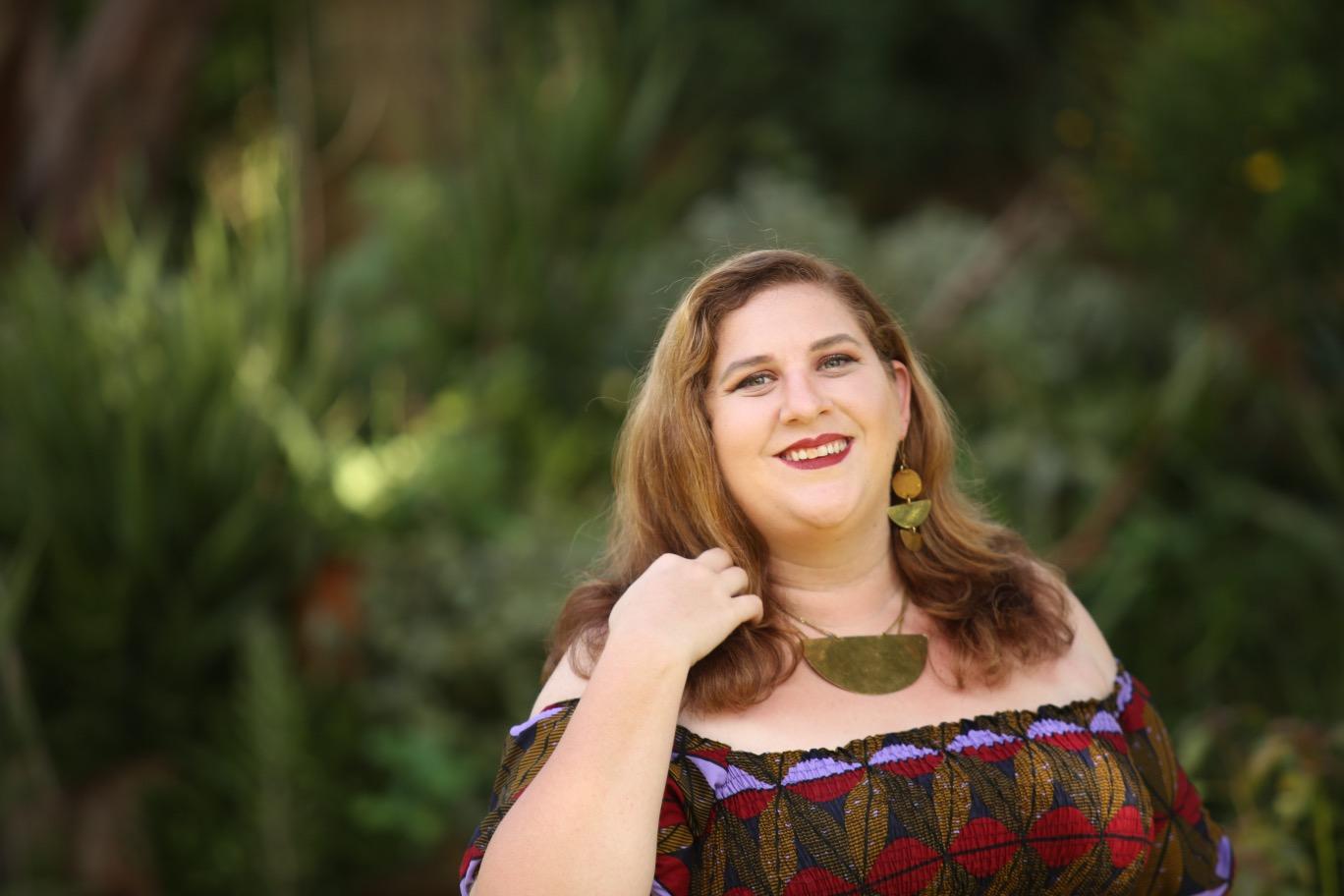
Erika Bojarczuk, a staff member at Light for the World Uganda reflects on her experiences in university as a student with Non-Verbal Learning Disorder.
Learning has never come easy for me. I remember when I was about 8 years old, my teacher having me sit next to her in class while I solved word problems during math. I couldn’t stay focused or pick out the right details in the problems, and no one seemed to know why. I struggled to make friends with people my own age, and always just wanted to talk to adults. I felt alone, and stupid and over time I became severely depressed and anxious. Then, when I was thirteen, my life changed, and I was diagnosed with Non-Verbal Learning Disorder (NVLD).
NVLD is a tricky to diagnose, brain-based condition that can impact things like, people’s ability to learn to understand social cues, reading comprehension, processing speed and visual motor skills. All of these challenges can have a huge impact on psychosocial wellbeing. NVLD presents itself differently in every person, so it can sometimes be difficult to understand.
When I received my diagnosis, everything changed. I was lucky and started attending disability specific schools that gave me all of the support I needed, without me having to ask. When I graduated, this made the transition to university difficult because I hadn’t had to advocate for myself or function in an environment with people without disability in a long time. Over the years, things got easier, but here is a list of things that I have learned now that I wish I had known when I started university.
- What it meant to have NVLD and how to feel comfortable with my diagnosis
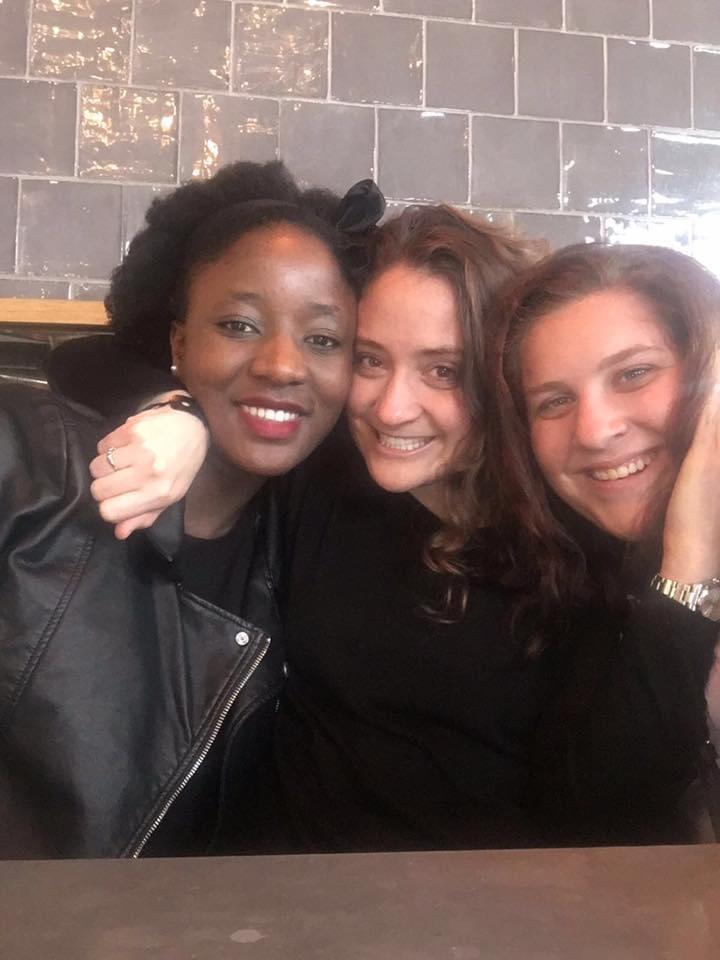
This is a big one for me. I have always struggled accepting my diagnosis. I didn’t want people to look at me as a “sped” (derogatory term for people with learning difficulties in special-education classes). I wanted to be “normal” and just like all of the students without disability. Because of my lack of confidence and desire to fit in, I distanced myself from my NVLD as much as possible, and all of the supports that I needed to succeed along with them.
If I had embraced my authentic self from the beginning of university, I would have struggled less, my mental health would have been better, and I would have had more time and energy for the things I enjoyed and the people I love.
2. That it is okay to ask people to clarify what they mean
NVLD effects everyone differently. For me, it makes it hard to pick up on non-verbal social cues that people send in their everyday interactions. In this way, it can be similar to the challenges people on the Autism spectrum experience. Because of this, I constantly felt anxious when talking to new people. I didn’t know how to join conversations, so I sat on the side lines. I never knew what people though of me so I always assumed the worst.
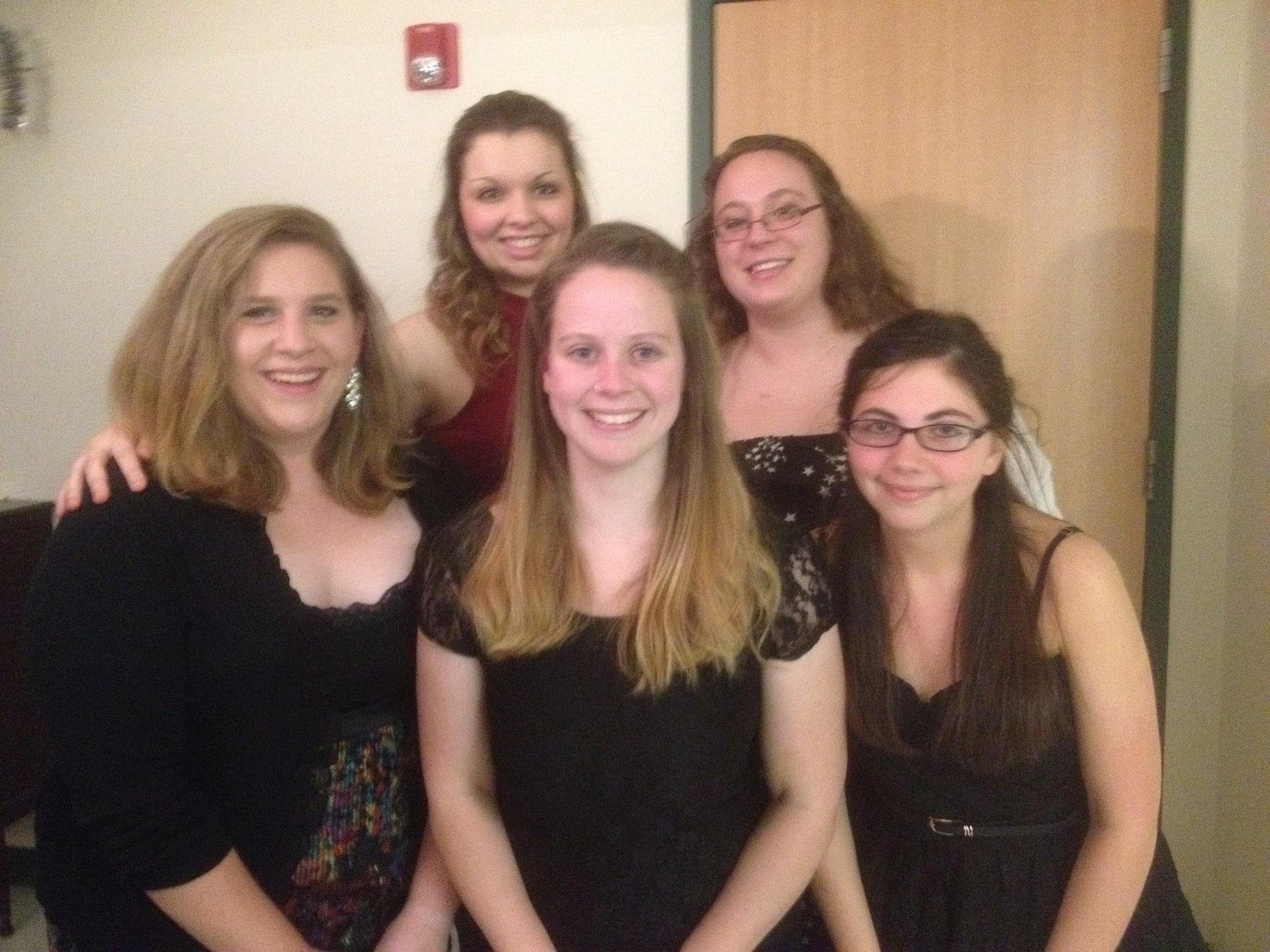
I felt completely isolated and incredibly lonely, even in the company of friends. I don’t know how it happened, but one day, I learned to just ask. When I wasn’t fully understanding something, I told people that they needed to be more direct with me. I started being more open about my care for the people in my life, and in turn, they did the same. As a result, I suddenly felt supported, loved, and truly accepted for the first time.
3. Comparison hurts
Every person has a different style of getting things done, and that is okay! My first semester of university, my close friend and I took Intro to Global Studies together. She was a meticulous note taker, studied for hours a night, and started her assignments weeks in advance.
My style was very different. I showed up to class, listened, and talked through what was discussed. She was always organized, and I operated more in a system of organized chaos. Overtime, I became convinced that I must be doing things wrong and I tried to copy her system.
Guess what? It didn’t work! I was frustrated all the time, I got distracted during study sessions, and I got horrendously sick before the mid-term exam because of the stress I put myself through, and I didn’t do as well on my exam as I had hoped. I knew I understood the material and I was upset.
For the rest of the course, I gave up on trying to do things the way she did and went back to my own style, and it worked! I got an A in the class. My friend was awarded with the Outstanding Global Studies Scholar award that year, and even though we got the same marks, I was still convinced it was because I wasn’t studying the right way.
I spent years feeling guilty that I was getting good grades, but doing it all wrong. In my last semester of university, I got the same award she did, and that is when I finally realized that every person has a different path and style to achieve success and that is totally ok.
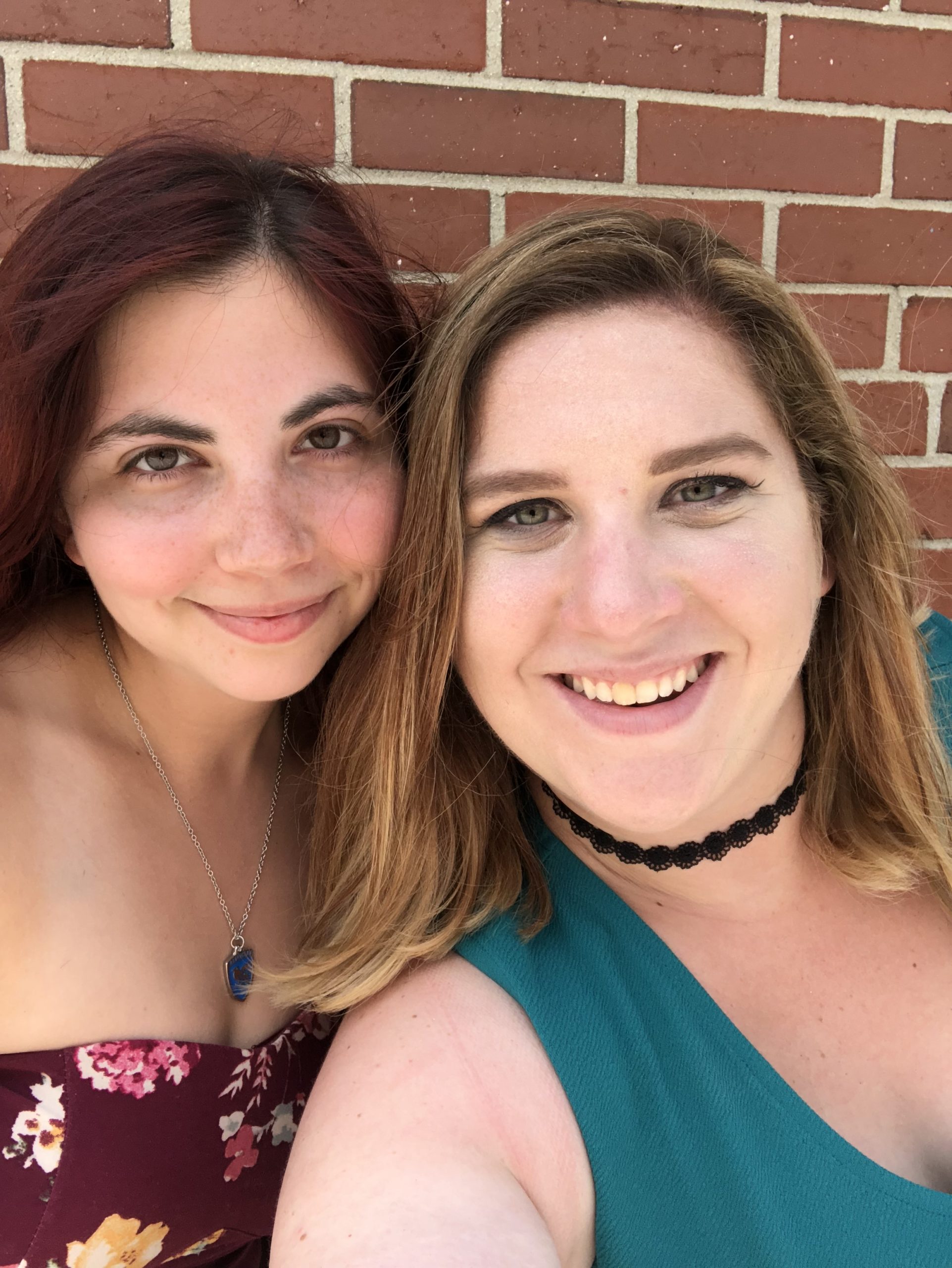

4. Office hours are meant to be used!
When professors set office hours, use them! I promise you, it is not a bother. Teachers want you to succeed. A few years into university, I became a frequent visitor in all of my professor’s offices.
Some of them became mentors and since graduating have become friends. I got more out of classes when I did this because I got the opportunity for continued discussion, and for me, that is how I learn best. Talking to them built my confidence and taught me about life.
When I started using this time my grades transformed rapidly. I went from barely passing, to having a 4.0 GPA the semester I graduated.
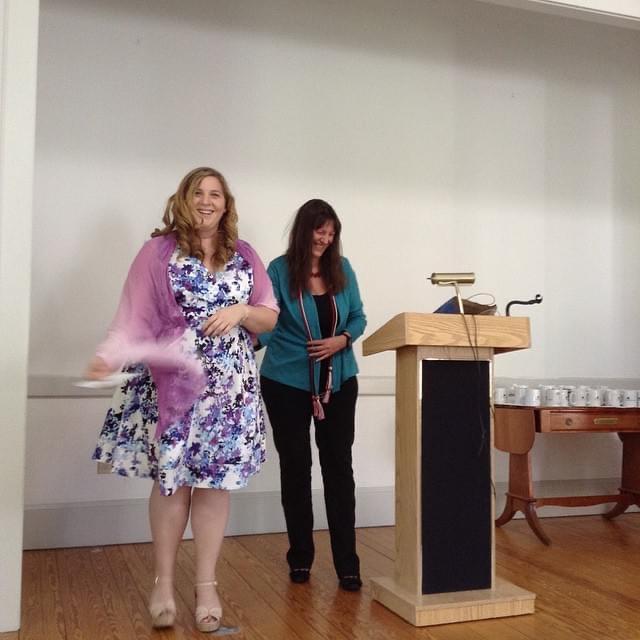
5. Ask for the supports you need to succeed
When you are a student with an invisible disability, accessing academic supports can be especially scary. You never know how people will perceive you, or your needs. Overtime, it is easy to start expecting to be denied help and reasonable accommodations simply because people don’t understand. That is what happened to me. For years, teachers would say things to me like “you have so much potential, if only you would really apply yourself”, or “you need to stop being careless and get more organized”.
What they weren’t seeing was me staying up until midnight, reading The Scarlet Letter out loud to my mom, and discussing it paragraph by paragraph to answer the assigned reading questions, or that I had color coded folders for every class, but I had a panic attack in the morning on the way to school so I left my homework on the kitchen table.
Overtime, I started to internalize their words and truly believed that I could not succeed regardless of the support offered to me, so I stopped asking for it. As a person with an invisible disability, when you stop asking, people stop offering. They will see you struggle and automatically assume it is from lack of effort, because you look and act “normal”. It is uncomfortable to be vocal, but you need to be. When you start being an advocate for your own needs it will change how people see you and it is worth it.
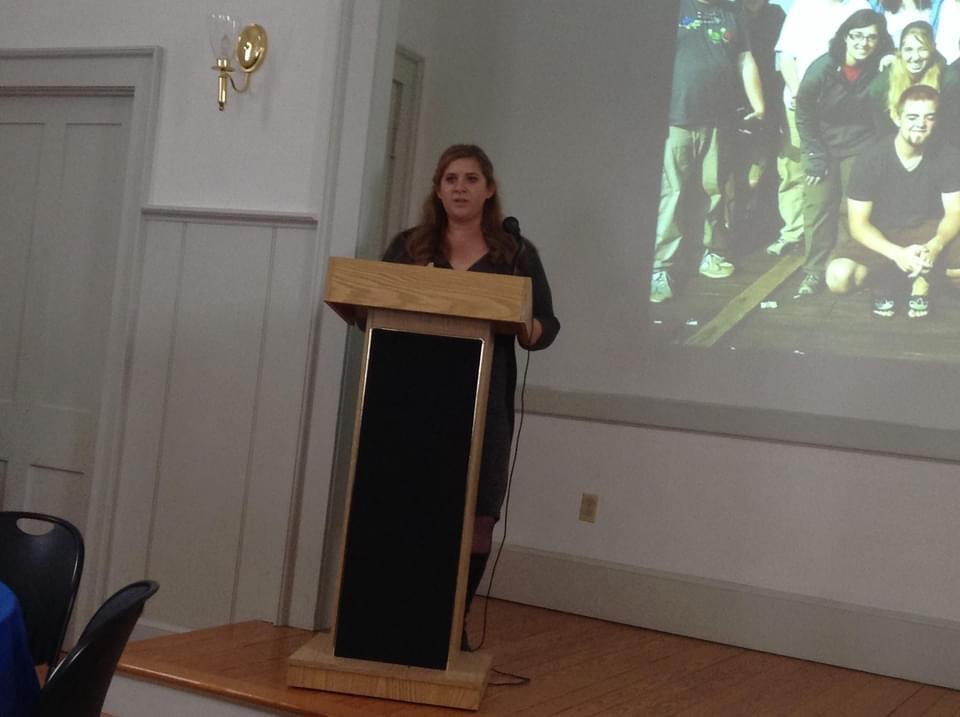

6. Getting involved in extra-curricular activities can help your academics
For me, getting involved in campus activities helped me in a few ways. First, it helped me to meet people and socialize in a way that was less anxiety provoking, because we were all there for the same reason and had something common to talk about. Second, it helped me manage my stress by forcing me to do something that kept me calm, and third it helped me to manage my time. It was always so much easier for me to get organized and get things done when I had less free time, because I couldn’t afford to procrastinate.
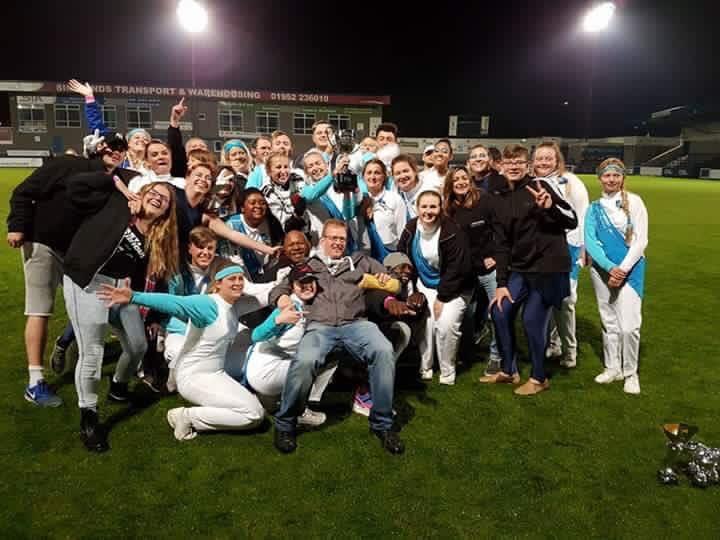
7. Having passion for what you study will take you far
This one is simple, but often overlooked in the pursuit of choosing what to study. Many of us pick the thing that we think will earn us the most money, over what we are truly passionate about. Loving what you learn will help you succeed, because when you love something, you talk about it. If you are anything like me, you might even talk about it incessantly to the point that people start cracking jokes and giving you weird nicknames. Embrace it! Every conversation you have enhances your understanding of the topic. People will stop laughing when you reach your goals.

8. Find out how courses are assessed before you sign up
Depending on what you are studying, and the university system you are in, this can make a huge difference. I know I don’t test well. Big, timed exams are a nightmare for me no matter how well I know the material, so I avoided it whenever possible. When it came time for me to do a Masters, I purposely chose a course that based grades solely on assignments and had no exams, and because of that, I did really well. This is obviously not possible everywhere, but if you know you are going to struggle with the type of assessment, you have time to request accommodations, get the extra help you need and set yourself up for success.
9. It is ok to take a Mental Health day!
If you are not feeling mentally healthy, it is absolutely okay to take a break. Don’t get me wrong, I am not suggesting skipping class and going to the movies, but rather communicating your needs to the relevant faculty, and taking time to take care of yourself when you need it the most. Sometimes, you might just need to take the morning off, and sometimes something happens, and you need to differ a semester to recover. That is completely okay! Remember that mental health is a part of overall health, and it is totally valid to go to the doctor, and get some extra rest when you are experiencing emotional pain, just like you would if you broke your ankle. The best professors I had were the ones who told their students that they could do this, and let their students know that to be successful, they needed to prioritize self-care. This made me feel safe, and over time, I stopped feeling guilty, and started taking the time I needed to make sure I was always performing the best I could.

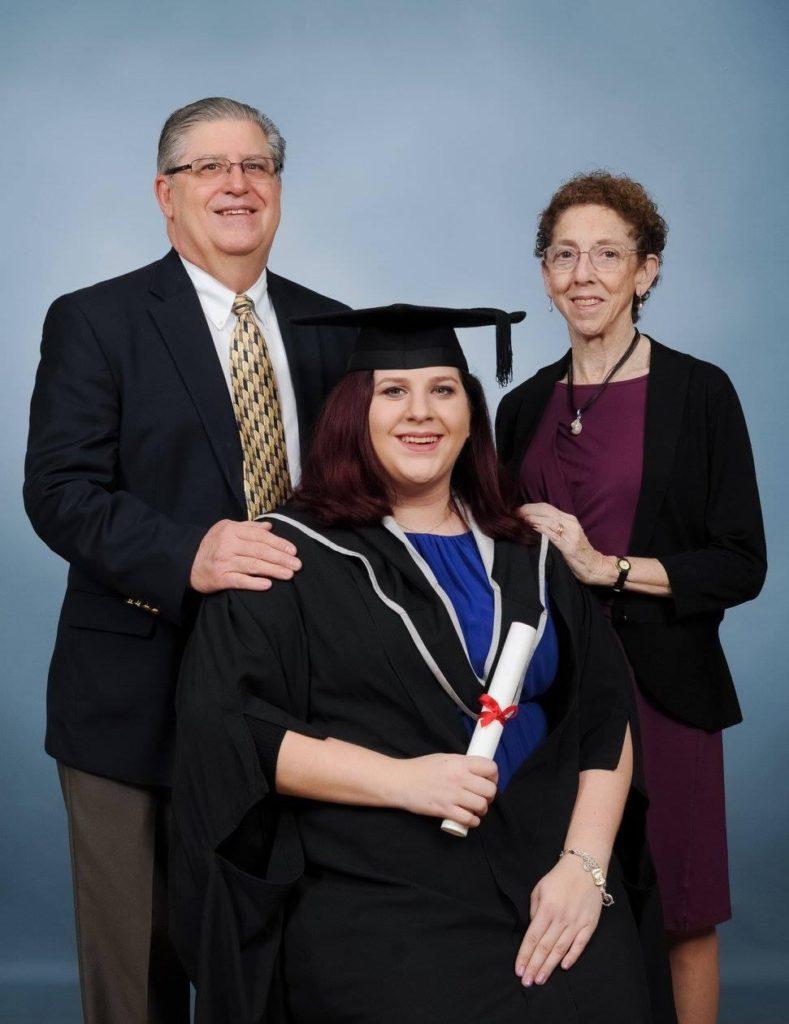
10. Surround yourself with the people that understand you best
Having a good support system is everything. Sometimes it is your family, or friends, or even faculty, and sometimes it is the lady who works in the cafeteria who always gives you a smile when you need it the most. University is hard, so make time for the people who understand you, and let go of the ones who don’t. These can be some of the best years of your life, so enjoy them with the people you love.





